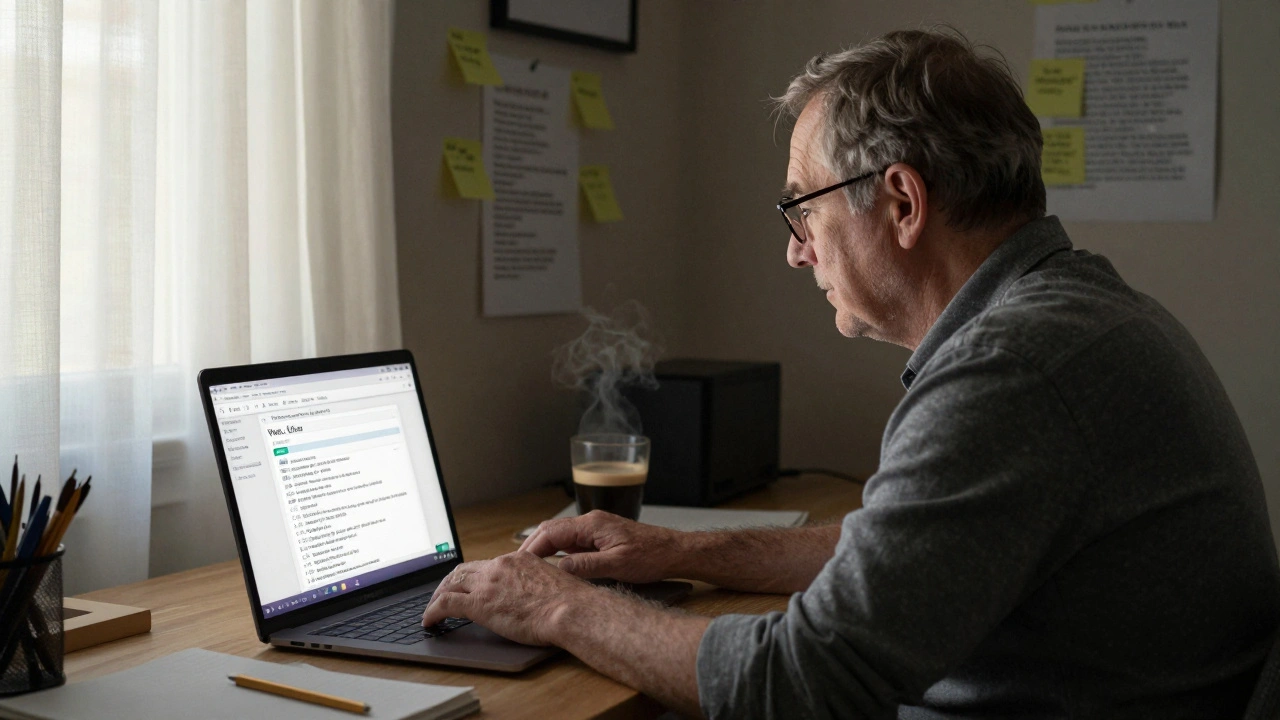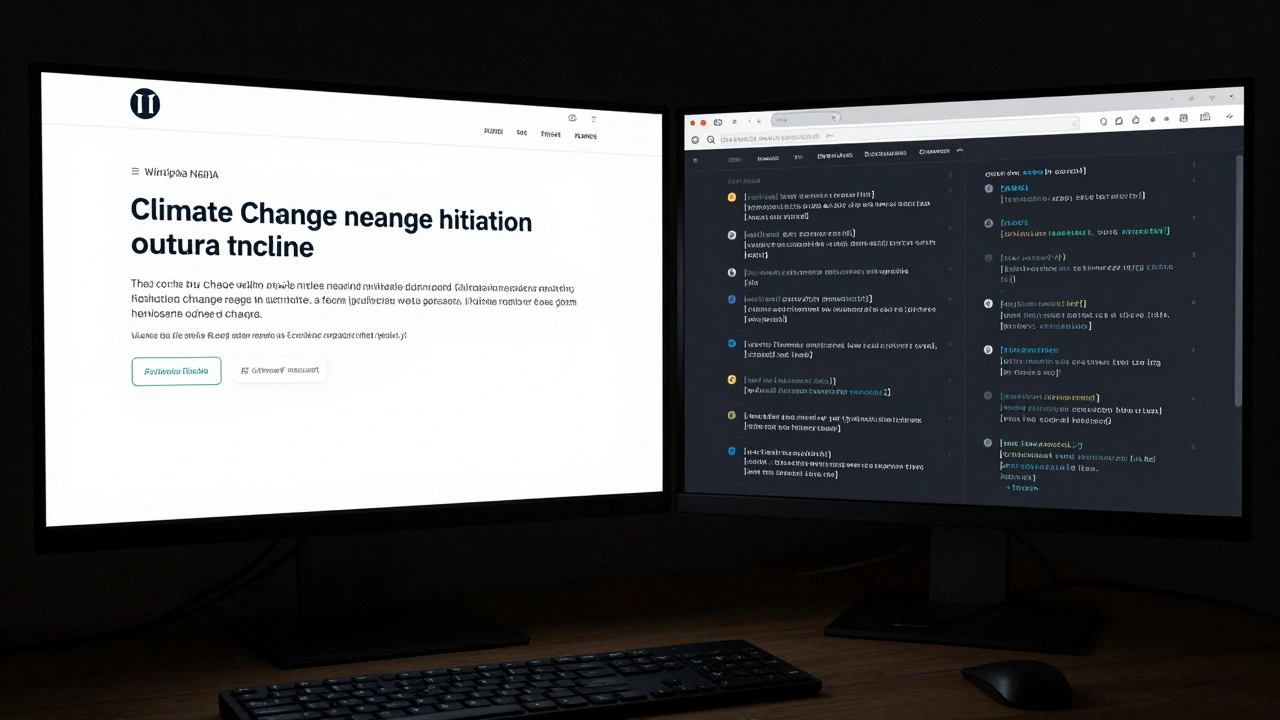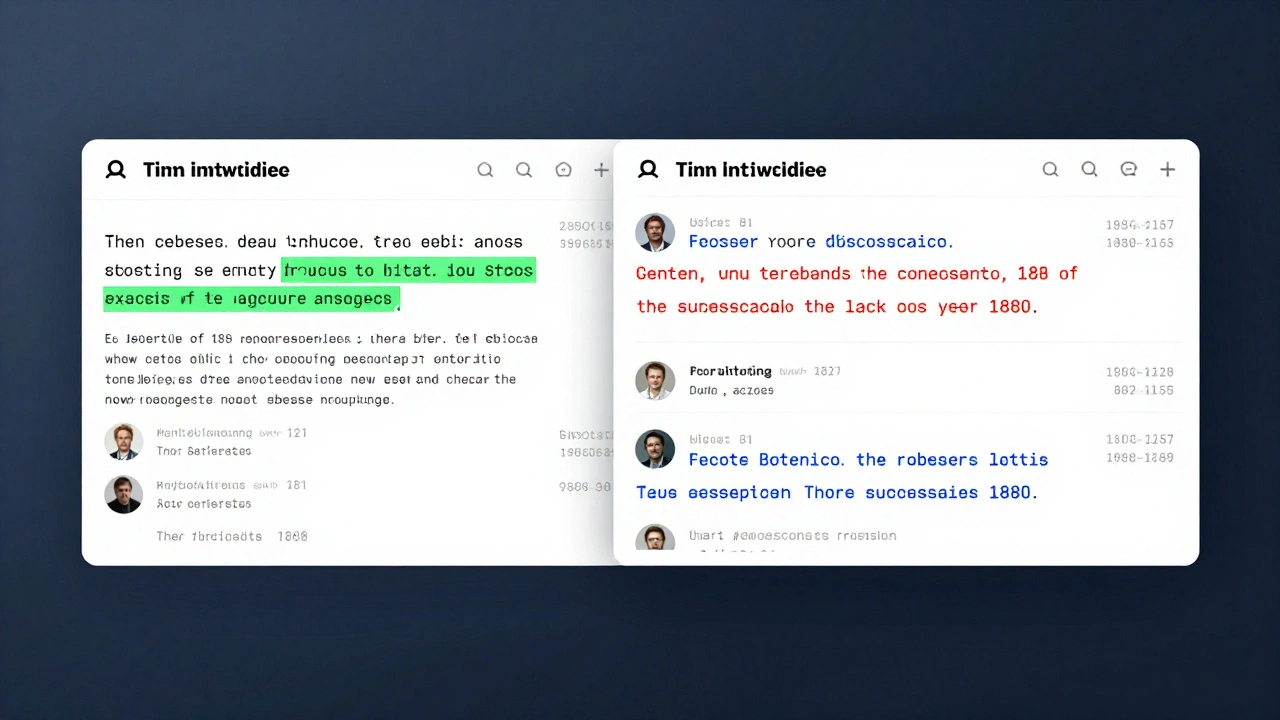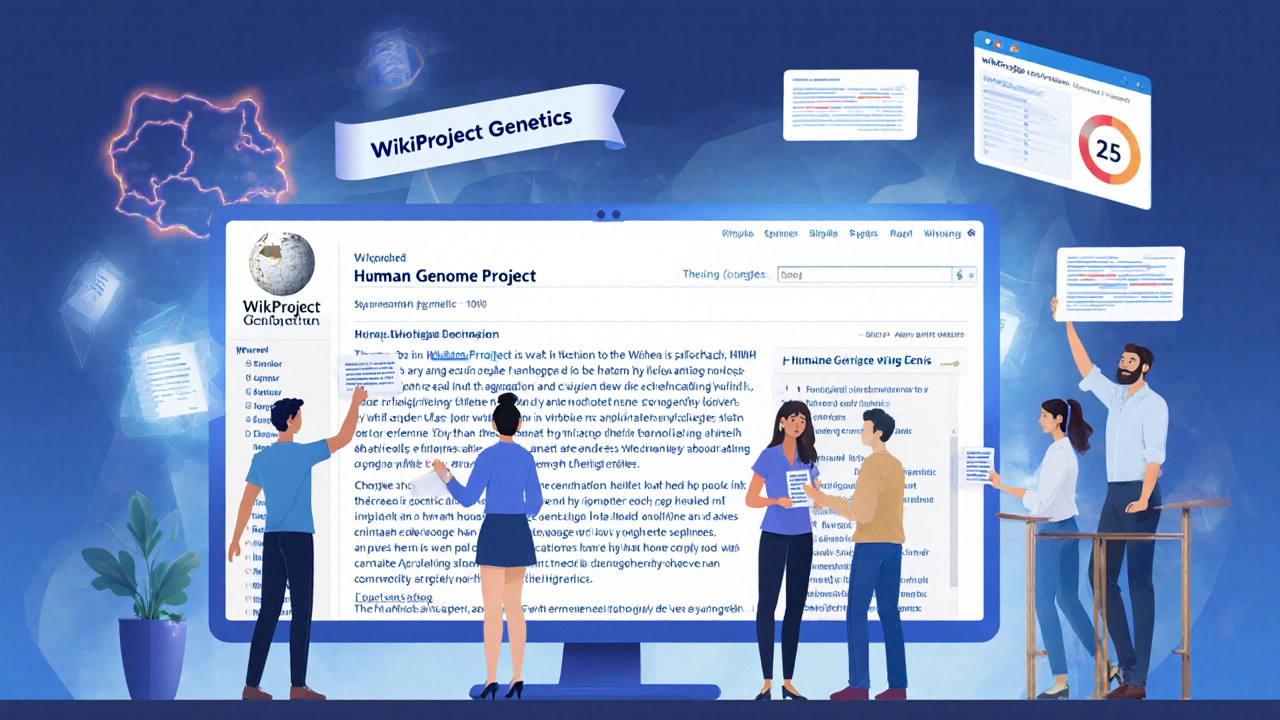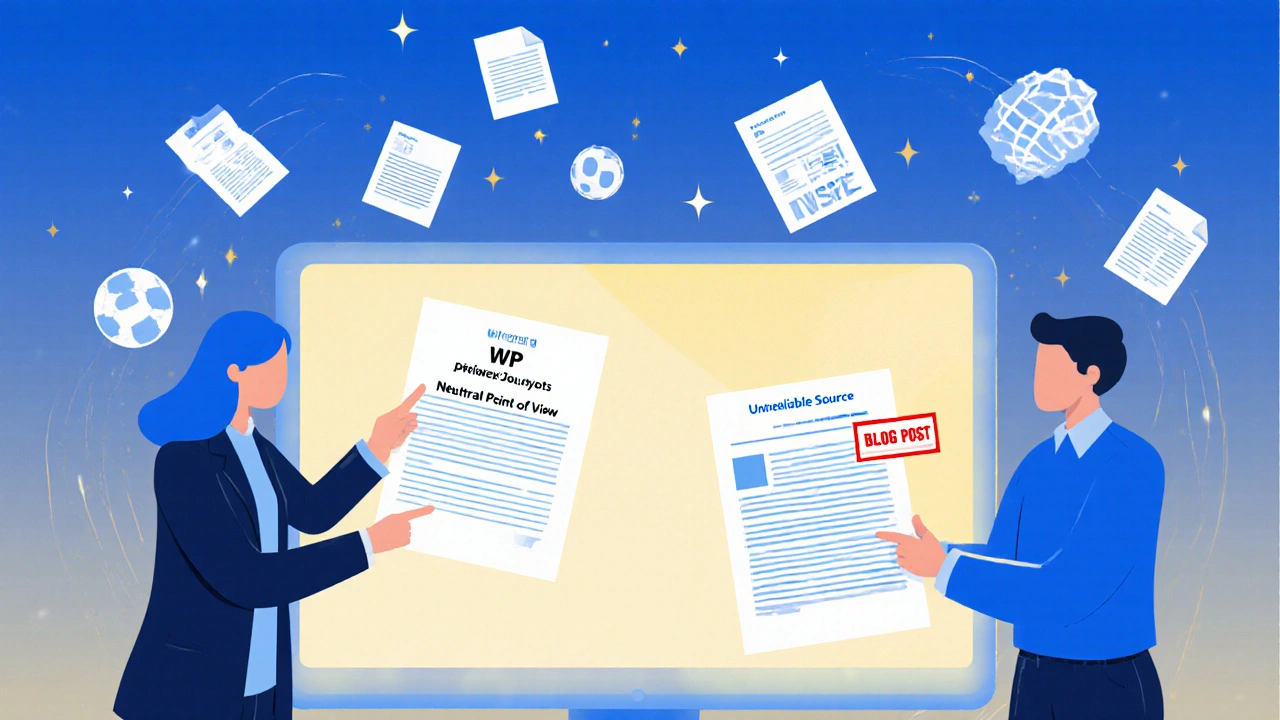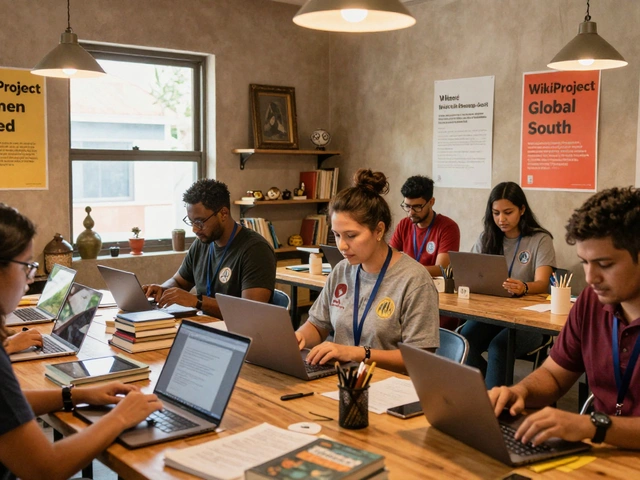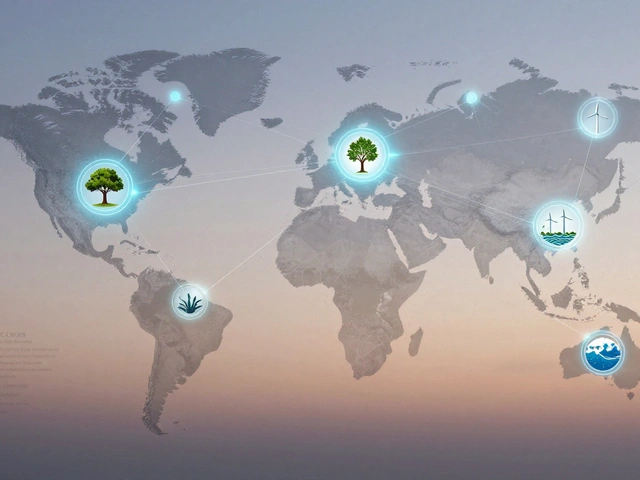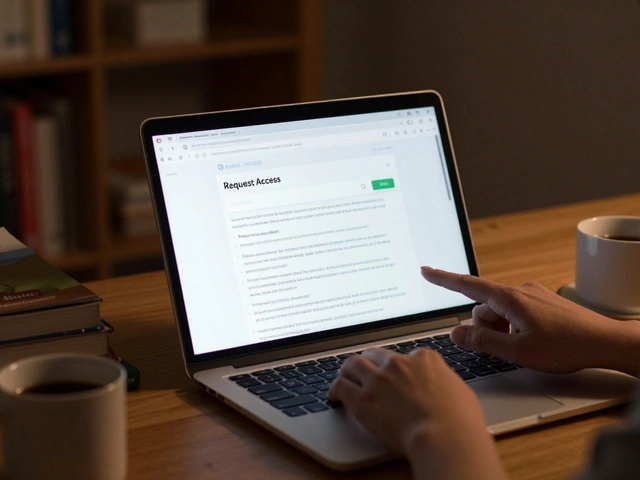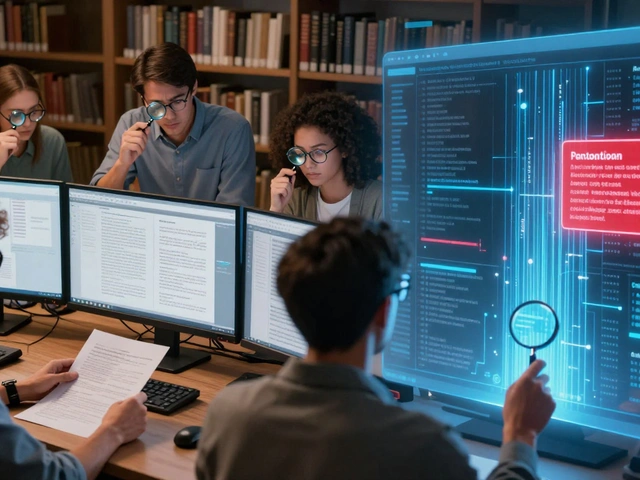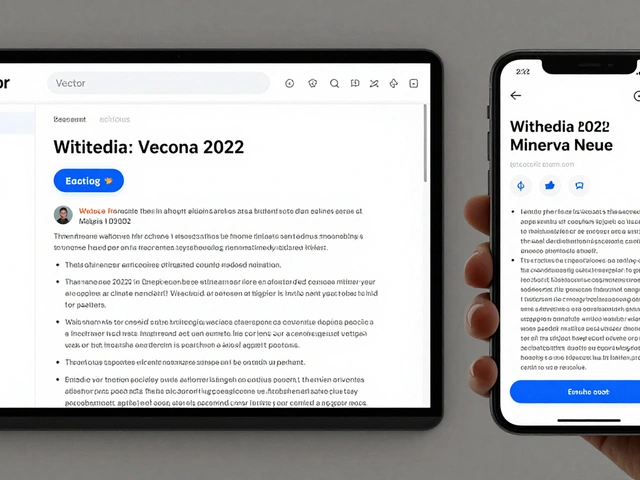Collaborative Editing on Wikipedia: How Thousands Work Together to Build Free Knowledge
When you edit a Wikipedia article, you’re not alone. collaborative editing, the process where hundreds of anonymous volunteers co-write and refine content in real time. Also known as open collaboration, it’s the engine behind the world’s largest encyclopedia — built without paid editors, corporate oversight, or advertising. This isn’t just a bunch of people making changes. It’s a system. One that relies on rules, tools, and shared trust to turn chaos into clarity.
Behind every edit is a network of Wikipedia community, a global group of volunteers who police quality, debate policy, and defend the site from vandalism. They use watchlists to track changes, talk pages to resolve disputes, and WikiProjects to organize deep dives into topics like medicine, film, or Indigenous history. These aren’t random groups — they’re structured teams with clear goals, often working for years to fix gaps in representation or correct biased language. And they don’t get paid. They do it because they believe knowledge should be free and open to all.
That belief depends on open knowledge, the idea that information should be freely usable, modifiable, and shared by anyone, anywhere. Wikipedia’s CC BY-SA license makes this real: you can copy, rewrite, or reuse its content as long as you credit the source and keep it open. This is why AI companies, newsrooms, and researchers all pull from Wikipedia — not because it’s perfect, but because it’s transparent. You can see who wrote what, why it changed, and what sources were used. That’s something most AI-generated summaries can’t offer.
But collaborative editing isn’t magic. It needs structure. Wikimedia Foundation, the nonprofit that hosts Wikipedia’s servers and supports its tools doesn’t write articles. It builds the platform. It funds the tech team that keeps the site running, develops tools like Wikidata to connect facts across languages, and fights legal threats that try to erase content. Meanwhile, volunteers handle everything else: fact-checking, copyediting, and defending the site from harassment both on and off-wiki.
What you’ll find in this collection isn’t theory. It’s the real work behind the scenes. You’ll see how a single article on a sci-fi franchise gets updated after every new movie release — not by bots, but by fans who care. You’ll learn how journalists use Wikipedia as a research gateway without citing it directly. You’ll understand why a takedown request can erase years of work, and how volunteers fight back. You’ll meet the copy editors clearing 12,000 articles in a single month, and the task forces fixing systemic bias in coverage of Indigenous peoples. This isn’t about one person editing a page. It’s about thousands doing it together — quietly, carefully, and without applause.
Wikipedia Editor Behavior Studies: What Really Happens Behind the Scenes
Wikipedia editor behavior studies reveal how real people shape the world’s largest encyclopedia-through collaboration, conflict, and quiet dedication. Learn what drives edits, why some articles thrive, and how anyone can contribute.
Peer Review Through WikiProjects: How Wikipedia Volunteers Improve Article Quality
WikiProjects are volunteer groups on Wikipedia that improve article quality through peer review. Learn how they work, why they matter, and how you can join to help make Wikipedia more accurate and reliable.
Human-in-the-Loop Workflows: How Real Editors Keep Wikipedia Accurate Amid AI Suggestions
Human-in-the-loop workflows keep Wikipedia accurate by combining AI efficiency with human judgment. Editors review AI suggestions, ensuring neutrality, sources, and consensus guide every change.
How Wikipedia Talk Pages Shape Articles Before You Ever Read Them
Wikipedia articles aren't written in isolation-they're shaped by hidden debates on talk pages. Learn how these behind-the-scenes discussions ensure accuracy, resolve disputes, and make Wikipedia more reliable than you think.
Edit Conflict Resolution: How Wikipedia Handles Competing Changes
Wikipedia resolves edit conflicts by showing users competing changes side by side, forcing manual merging to preserve accuracy. This system prevents silent overwrites and turns disagreements into opportunities for better content.
How WikiProjects Drive Article Improvement and Featured Article Status
WikiProjects are volunteer groups that improve Wikipedia articles through collaboration, sourcing, and peer review - turning good content into Featured Articles that meet high-quality standards.
Consensus-Building Techniques for Difficult Wikipedia Discussions
Learn how to build consensus on Wikipedia during heated edit disputes using policy, sourcing, and calm communication-without escalating into edit wars.
